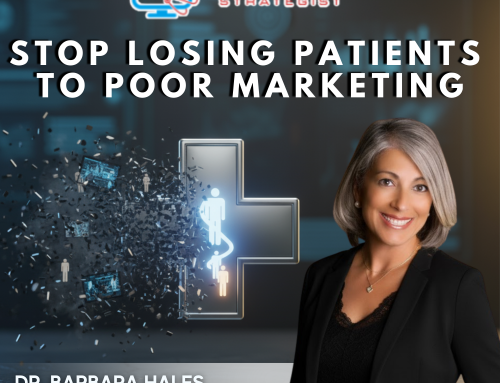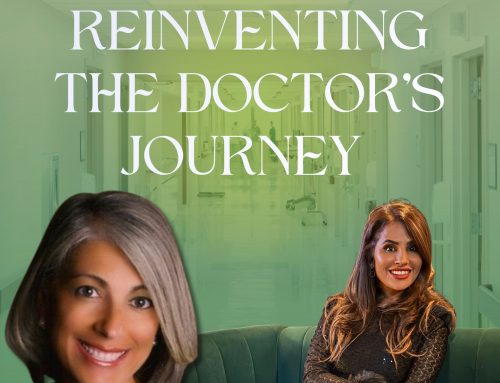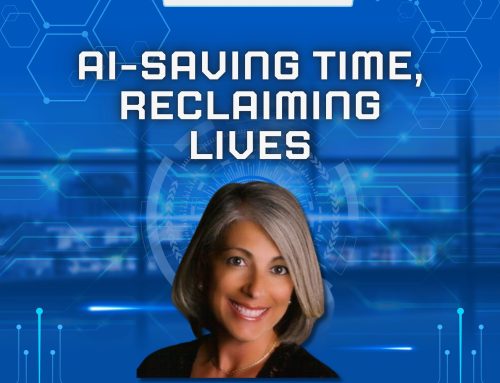Patients are not the only ones getting health information online at Wikipedia! According to a recent report issued by IMS Institute for Healthcare Informatics, doctors and other healthcare providers search for health answers at Wikipedia as well.
“Wikipedia is the leading single source of healthcare information for patients and healthcare professionals…[and] nearly 50% of U.S. physicians who go online for professional purposes use Wikipedia for information, especially on specific conditions,” the researchers wrote.
The report also associates medication use with Wikipedia views, which differed by ages of information seekers.
Social Media
The report looked at what are called “social media channels,” including Wikipedia, Facebook, Twitter and YouTube because they “have not been examined in detail,” the researchers wrote. They “allow the creation and exchange of user-generated content.” They point out that health pages on Wikipedia are frequently updated and substantially so.
The researchers based their findings on search engine rankings and page view statistics, writing Wikipedia “is a prominent source of online health information compared to the other health information providers studied [in the past],” they write.
“Patient trust in clinicians and the broad reach of social media puts healthcare professionals in a prime position to drive healthcare topics on the Web,” the IMS notes. However, “Much like the pharmaceutical industry, healthcare professionals are usually perceived as laggard adopters of new technologies.”
Among the report’s recommendations to HCPs, “Effective engagement by HCPs with patients occurs where they feel most comfortable, including in social media forums. The approach taken by HCPs to social media must therefore be developed in order for HCPs to fulfil their professional mission.”
That’s essentially what the American College of Physicians (ACP) did in a policy statement issued in April 2013 in conjunction with the Federation of State Medical Boards (FSMB), offering detailed guidelines for physicians on appropriate use of social media, ACP president-elect David A. Fleming, MD, told Medscape Medical News.
“To me, [the IMS recommendation] is sort of a soft mandate, where professional organizations and groups are expected to approach social media in a professional way to meet can i buy ventolin inhaler over the counter their professional mission…. It really is up to us to police ourselves and to inform ourselves about what appropriate behavior is,” Dr. Fleming said.
Whereas the ACP/FSMB guidelines addressed the specific scenarios of digital interactions between physicians and patients, physician blogging and posting on social media sites, and interprofessional relationships, the IMS report delivers a snapshot of current social media engagement.
Report Findings
- Overall use of social networking sites grew from 8% of all adults online in 2005 to 67% in late 2012 and up to 72% of U.S. adults online in May 2013.
- Doctors spend twice as much time using online resources compared to print before clinical decisions
- Physicians spend an average of 3 hours a week watching online videos for professional purposes, citing their top 3 as Medscapeand YouTube, followed by videos on pharmaceutical company websites.
Dr. Fleming told Medscape Medical News that he does use Wikipedia, but not as a primary source of medical information. He checks it for historical or social information, and also sometimes uses references from medical entries. Other sites he surfs are: Google Scholar, UpToDate, Epocrates, and ACP Smart Medicine. “You get multiple sources when you do a search. I don’t think that’s necessarily a bad thing. Any information we get, whether Wikipedia or any healthcare sites or blogs, have to be put in the context of a balanced view.”
Dr. Fleming added, “Before we share any information with our patients, we need to feel comfortable that the source is accurate and the information is evidence-based, regardless of where it comes from.”
Dr. Fleming states “I think physicians have always had a responsibility to society to ensure accuracy and cogency of information that goes out to the public. That includes Wikipedia, but that’s just one part. We need to be participatory.”
Have you seen the detailed guidelines for social media use by the ACP?
Sign up to receive more helpful tips and strategies in the box at the top left corner of this page. See you at the next post!



